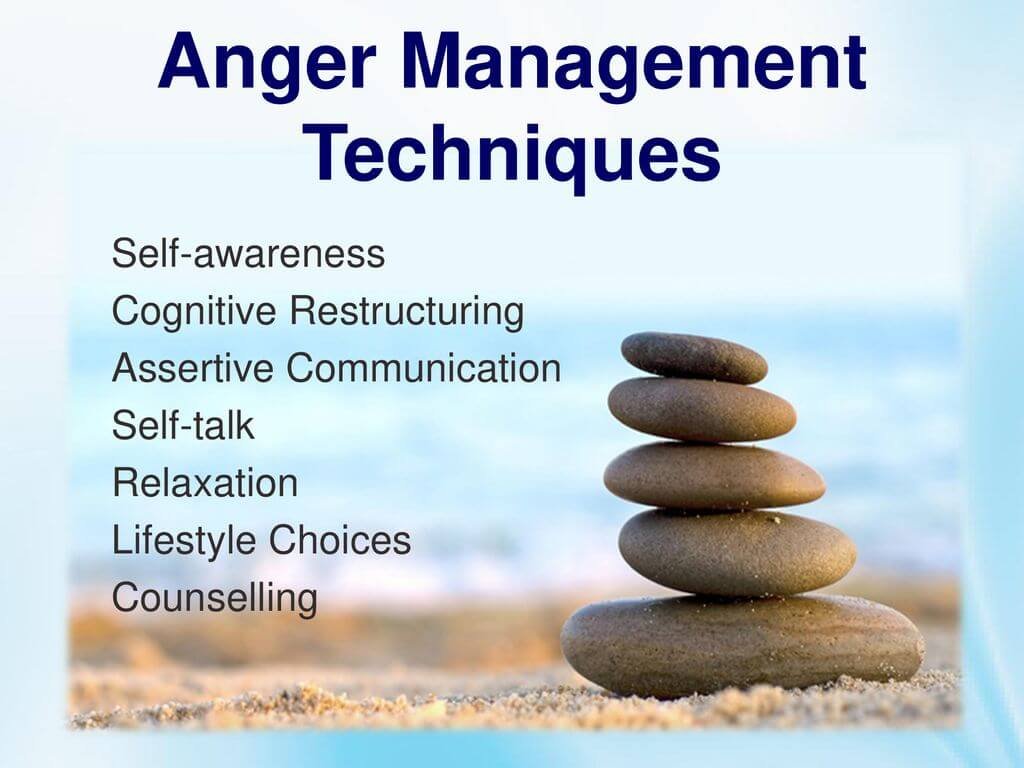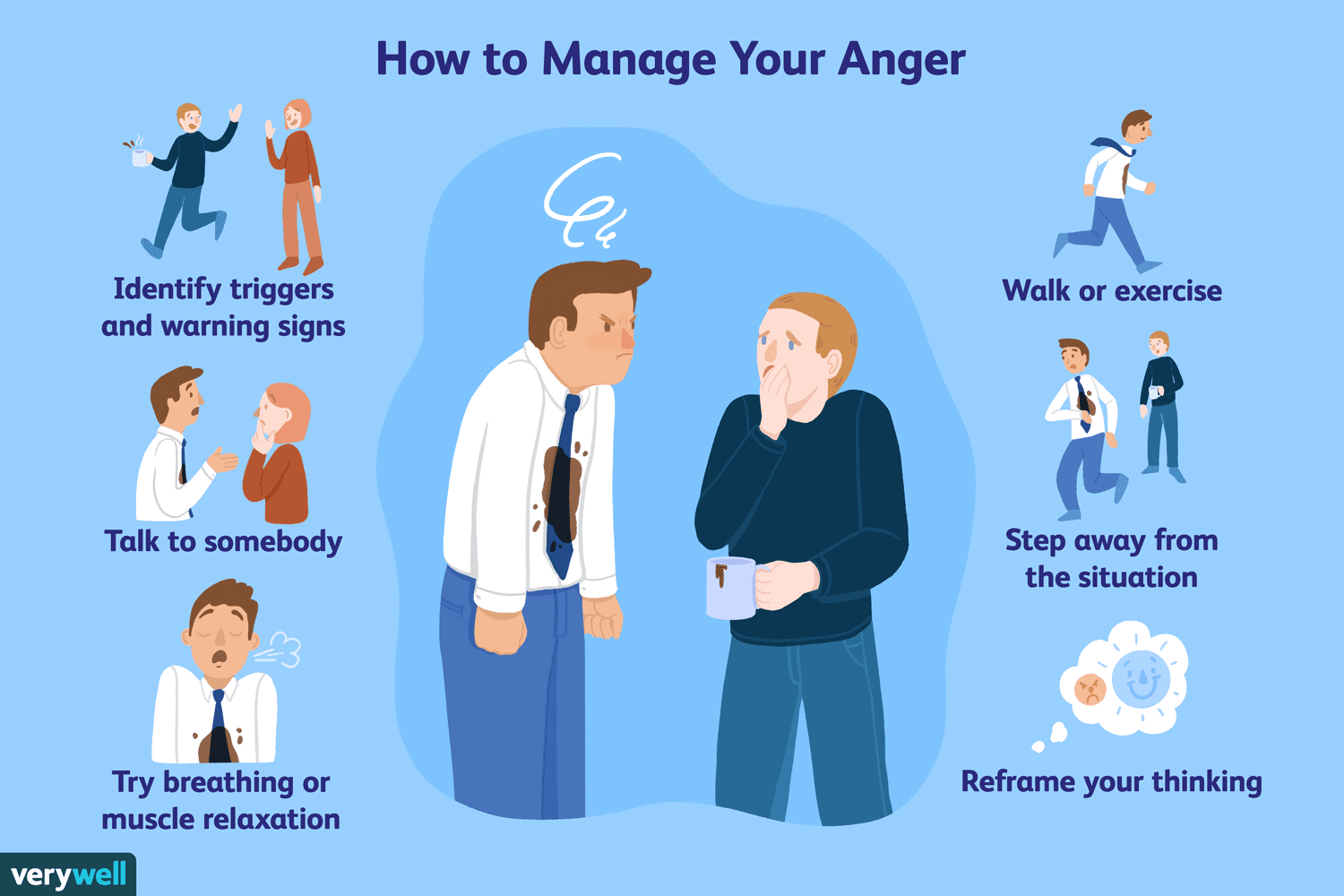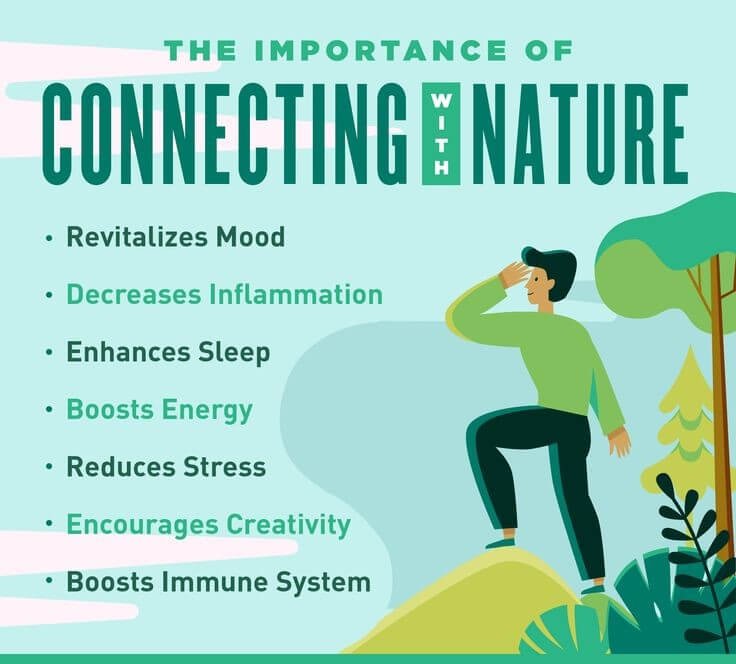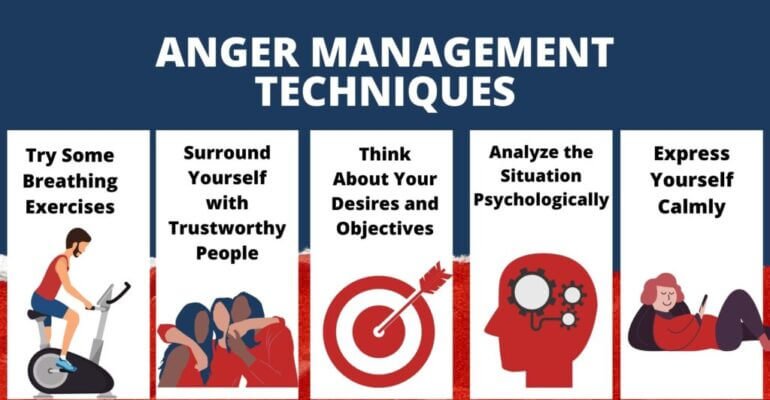8 Tips For Anxious/Angry People
We’ve all been there: we get stuck in traffic and find ourselves getting more and more frustrated that it’s going to take us 20 more minutes to arrive at our destination. Suddenly, the other driver makes a decision to do something dangerous that forces us to slam on the brakes – and then we’re suddenly over-the-hills mad. Why does this happen? And what can we do besides sitting back and playing the victim every time somebody does something minor to upset our day (or week)?

1- Anger is universal
Anger is something that everyone experiences at some point in their lives. it’s a normal, healthy emotion that can be a helpful response to certain situations. However, for some people, anger can become a problem. if you find yourself feeling angry more often than not, or if your anger is impacting your ability to function in day-to-day life, it may be time to seek professional help.
Here are a few tips for managing anxiety and anger:
- Identify your triggers. What sets off your anger? Once you know what your triggers are, you can start to work on avoiding or defusing them.
- Don’t bottle up your feelings. It’s important to express your anger in a constructive way. Find an outlet that works for you – whether it’s talking to a friend, writing in a journal, or punching a pillow.
- Practice relaxation techniques. Deep breathing, progressive muscle relaxation, and visualization can all help to reduce the physical symptoms of anxiety and stress.
- Seek professional help. If you’re struggling to manage your anger on your own, consider seeking help from a therapist or counselor who can assist you in developing healthy coping skills.

2- Changing how we experience anger
Anger is a perfectly normal and healthy emotion. It’s only when we bottle it up or allow it to spiral out of control that it becomes problematic. If you’re struggling to cope with your anger, here are some tips that might help:
– Talk to someone you trust about what’s making you angry.
– Get some exercise; it can help release pent-up energy and frustration.
– journal about your anger; writing down our thoughts and feelings can help us make sense of them and come up with a plan for managing them.
– Identify your triggers and try to avoid them if possible.
– Take some time out for yourself to calm down before responding to the situation that made you angry.
3- Changing how we do angry actions
4- Changing how others experience our anger
When we’re anxious or angry, it’s easy to fall into patterns of behavior that aren’t helpful. Maybe we lash out at the people around us, or maybe we bottle everything up until it explodes. Neither of these options is particularly healthy or effective.
If you’re looking to make a change in how you deal with your anxiety or anger, here are a few tips:
-Try to take a step back from the situation and take some deep breaths. This will help you to calm down and think more clearly.
-Talk to someone you trust about what’s going on. It can be helpful to talk through your feelings with someone who will understand and support you.
-Think about what you want to achieve by being angry or anxious. Is there a better way to get what you want? Sometimes, it’s possible to defuse a situation simply by changing your approach.
-Remember that everyone has different triggers and reactions. What works for one person might not work for another. Be patient with yourself and others as you figure out what does and doesn’t work for you.
5- Taking care of angry feelings with a calming activity

When you’re feeling angry, it’s important to find a way to calm yourself down. Otherwise, you might say or do something you regret. There are lots of different ways to calm down when you’re angry. Some people like to take a walk, others might listen to music, and some people might meditate or do yoga.
One of the best ways to calm down when you’re feeling angry is to do an activity that you enjoy. This could be something like painting, cooking, gardening, or playing an instrument. Doing something that you enjoy can help take your mind off of whatever is making you angry and help you relax.
6) Giving to yourself
If you’re someone who struggles with anxiety or anger, it’s important to give yourself regular gifts. This doesn’t have to be anything extravagant – something as simple as a new book, a nice meal out, or a night in with your favorite film can make a world of difference.
It’s also crucial to find healthy ways to deal with your emotions. This might include exercise, journaling, or talking to a therapist. By taking care of yourself, you’ll be better equipped to handle whatever life throws your way.

7) Connecting with nature
When you’re feeling anxious or angry, one of the best things you can do is connect with nature. Spend time outside in the sunshine and fresh air. Take a walk in the park or go for a hike in the woods. Let the peacefulness of your surroundings calm your mind and help you to feel better.
If you can’t get outside, try to bring nature into your home. Open the windows to let in some fresh air. Put some flowers or plants around your living space. Spend time looking at pictures or videos of nature scenes that make you feel happy and relaxed. even small doses of time spent connecting with nature can make a big difference in how you’re feeling.
8) Connecting with people not associated with angry situations
9) Finding the root cause of your anger and experiencing healing from the pain
10) Practice gratitude and intentionally make an effort to feel good
1) Don’t isolate yourself- one of the best things you can do when you’re feeling anxious or angry is to connect with others. Talk to a friend, family member, therapist, or anyone else who will listen and can offer support.
2) Try to understand what’s causing your feelings- often, anger and anxiety are caused by underlying hurt feelings. If you can identify the source of your pain, you can begin to work on healing those wounds.
3) Be proactive about managing your emotions- instead of letting your anger or anxiety control you, take charge and find healthy ways to cope with how you’re feeling. This might involve exercise, journaling, meditation, or deep breathing exercises.
4) Focus on gratitude- rather than dwelling on what’s making you anxious or angry, shift your focus to what’s good in your life. Make a list of things you’re grateful for each day, and don’t forget to include the small stuff!
5) Make an effort to feel good- this may seem like a tall order when you’re struggling with negative emotions, but it’s important to find joy in everyday moments. Take time for activities that make you happy, and savor the good times when they come.
Contact Us
8805358652

